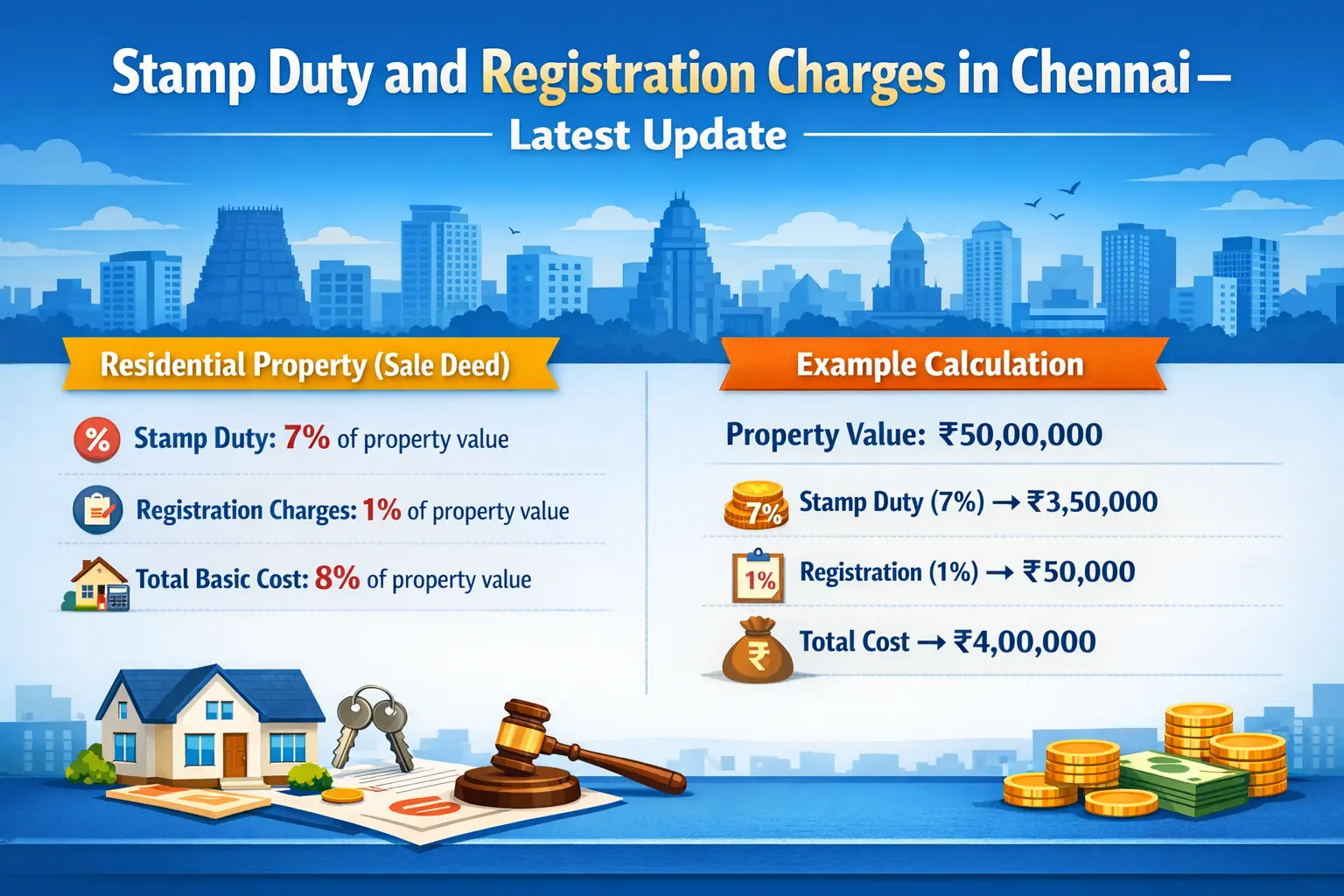Buying a home is a big dream for many people. Whether you're a salaried employee or a self-employed professional, chances are you’ll need a home loan to make that dream a reality. But when it comes to applying for a home loan, one question often arises — “Is filing Income Tax Return (ITR) really necessary?”
What is an ITR?
An Income Tax Return (ITR) is a document you submit to the Income Tax Department every year that shows your income, tax paid, and other financial details. It’s a legal proof of income — and for lenders, it’s a strong sign of your financial credibility.
Is Filing ITR Mandatory for a Home Loan?
Legally? No.
Practically? Yes — most of the time.
While the law doesn’t say that filing ITR is compulsory for getting a home loan, most banks and financial institutions ask for at least 2 to 3 years of ITRs during the loan approval process. It helps them evaluate your income consistency and your ability to repay the loan.
Why Do Lenders Ask for ITR?
Here’s why ITR plays a key role:
1. Proof of Income
Your ITR shows how much income you’ve earned in a financial year. This is important for calculating loan eligibility and deciding how much loan amount you qualify for.
2. Loan Repayment Capacity
Banks want to make sure you can repay the loan without trouble. ITR gives them a picture of your annual earnings, savings, and tax compliance, helping them judge your repayment capability.
3. Better Loan Terms
Applicants who file ITR regularly often get better loan terms, such as:
-
Higher loan amounts
-
Lower interest rates
-
Faster approval process
Who Must File ITR for Home Loan?
Self-Employed Individuals & Business Owners
For freelancers, entrepreneurs, and business owners, ITR is the only official income proof. Without it, lenders may not even consider your application.
Salaried Employees (Especially in Higher Loan Brackets)
Even if you have Form 16 and salary slips, many banks still ask for ITRs — especially if you're applying for a high-value home loan or if your salary structure includes large variable components.
What If You Haven’t Filed ITR?
If you haven’t filed your ITR:
-
Your loan application may get delayed or rejected
-
You may qualify for a lower loan amount
-
It might affect your creditworthiness in the eyes of the bank
Even if some lenders approve your loan without ITR, the interest rates might be higher and the documentation process more stringent.
While filing ITR may not be legally required for getting a home loan, it’s definitely a smart financial habit that increases your chances of:
-
Loan approval
-
Better interest rates
-
Higher loan eligibility
So if you’re planning to buy a home in the near future, start filing your ITR regularly — it’s a small step today that can open big doors tomorrow.
https://www.livehomes.in/blogs













